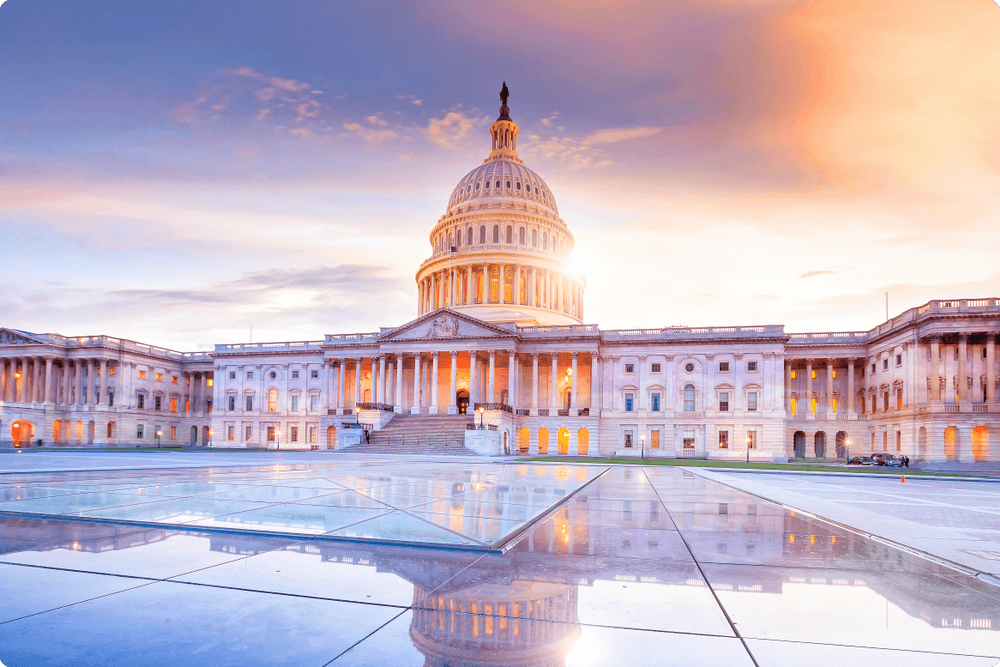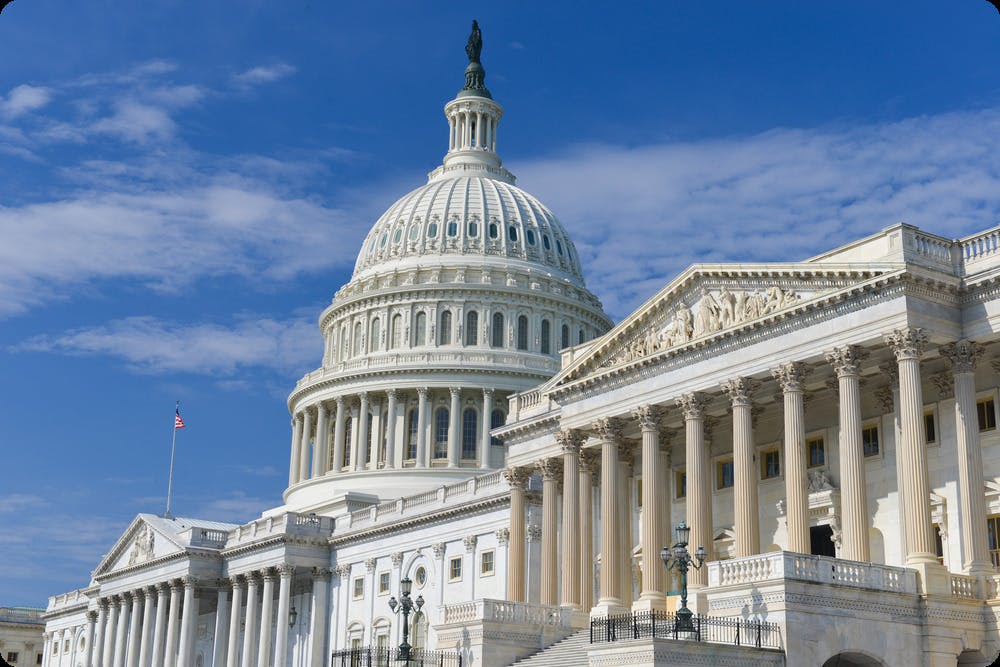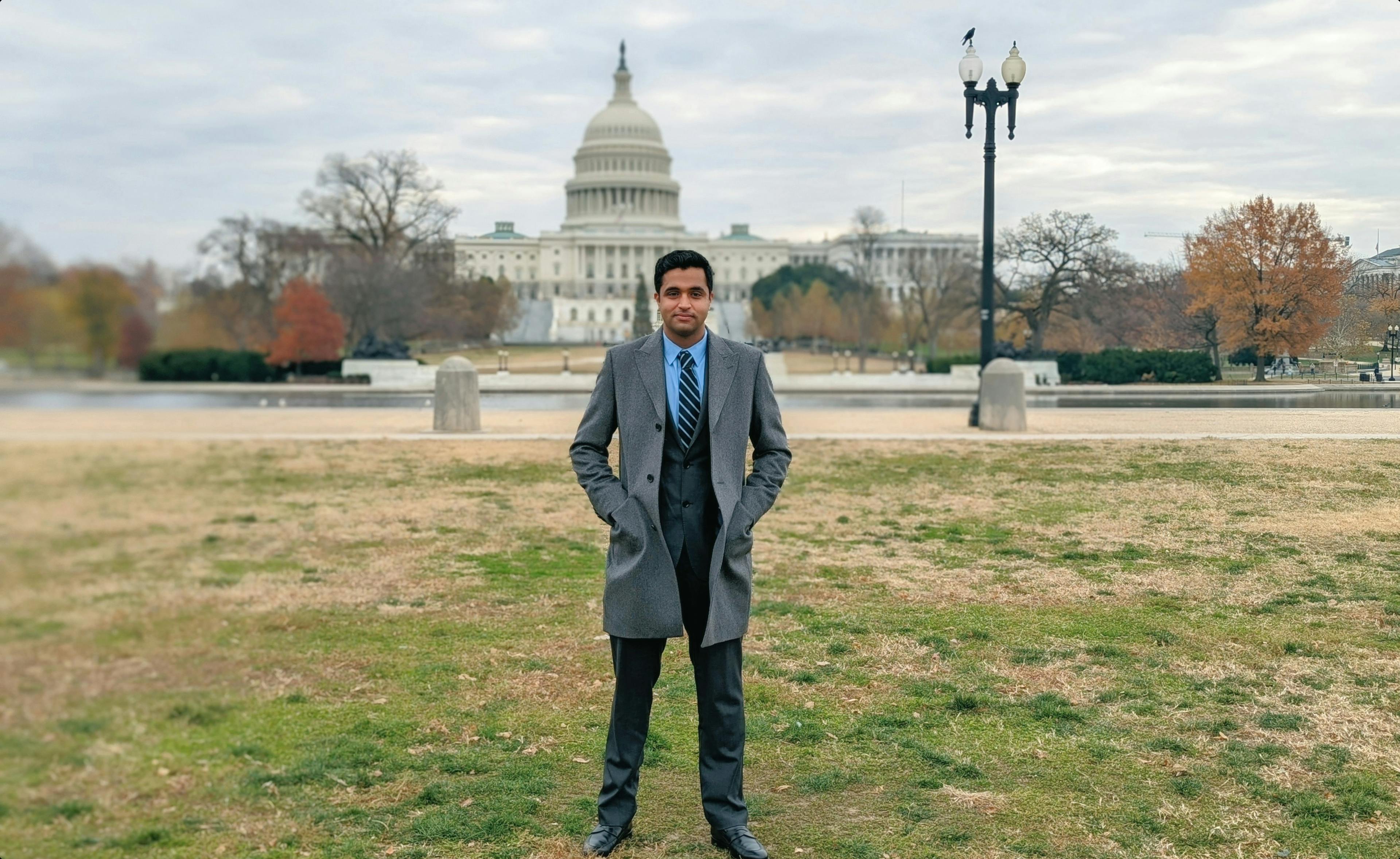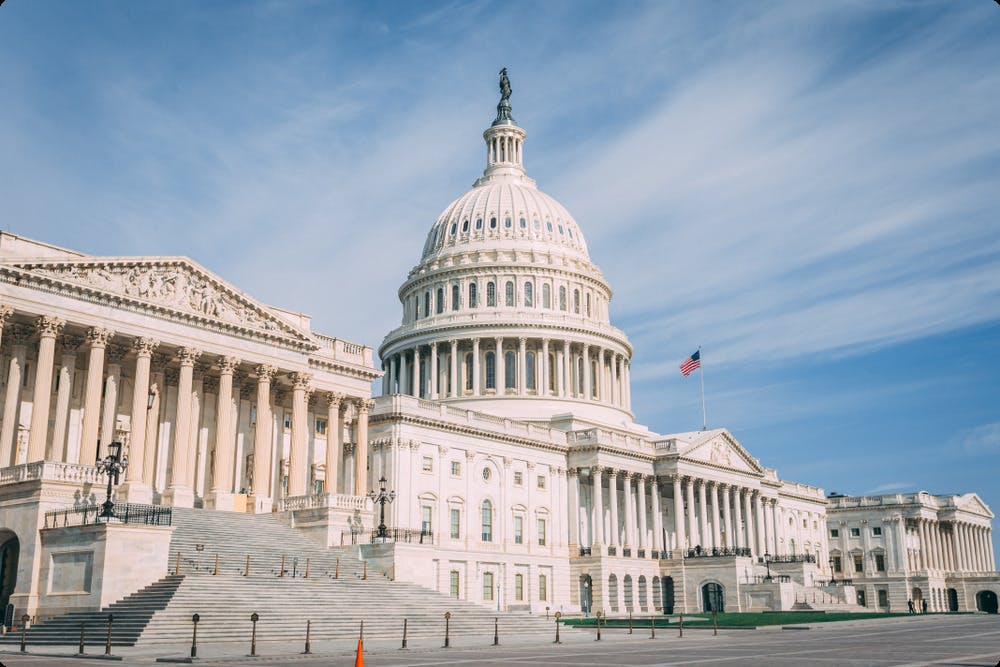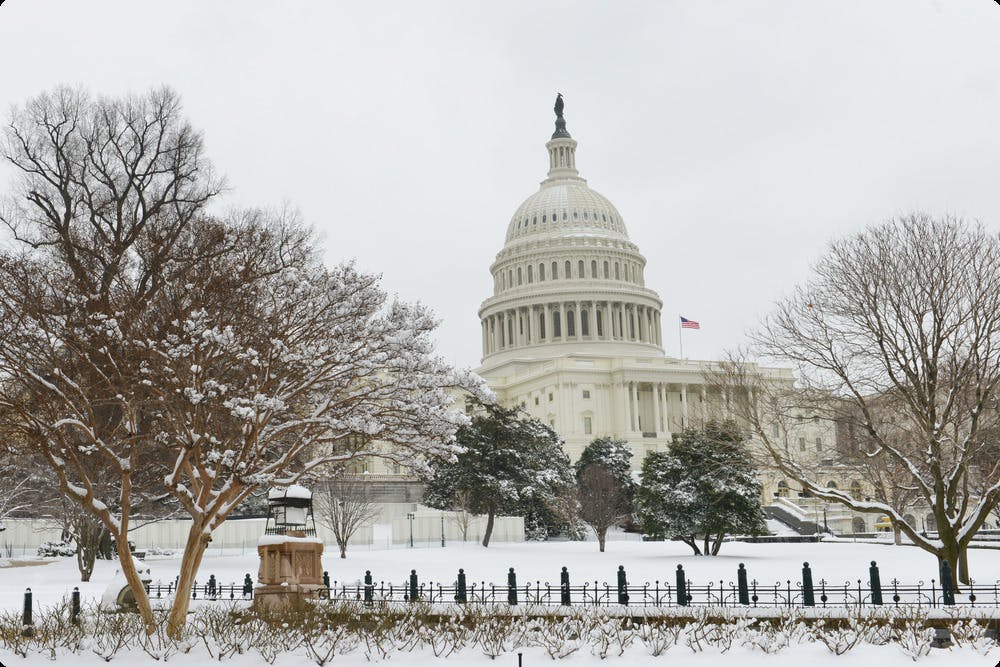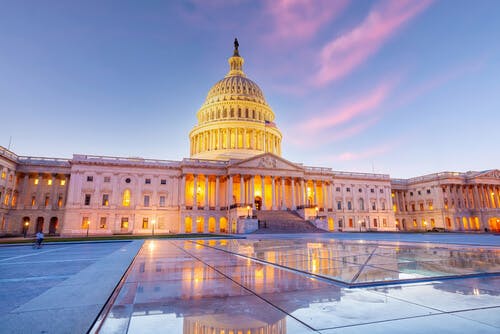Veteran immigration lawyer and former USCIS Chief Counsel and Acting Director Robert Divine has written a pithy piece in eb5investors.com on the problems of temporary legislation for the EB-5 Regional Center Program. While Divine thinks the program is unlikely to expire given its importance to the current economy, he firmly believes that Congress needs to eliminate the “nagging worry” investors must face when considering the next program expiry date. As a simple solution, he advocates for protecting any investor who has filed an I-526 from the possibility of program expiry.
While most stakeholders in EB-5 are hoping for reauthorization to extend the Regional Center Program beyond the next expiry date of June 30, 2021, immigration lawyer Robert Divine has his sights set higher: permanent authorization of the program.
EB-5 is permanent, but the Regional Center Program is not
First, Divine reminds people that EB-5 is in fact permanent, but the Regional Center Program — which accounts for more than 95% of the investments in EB-5 — is not. Most investors prefer to take part in the Regional Center Program to take advantage of broader job-creation opportunities and passive investing.
But since its inception in 1992, the Regional Center Program has been living off constant extensions, and reauthorizations; in fact it’s been reauthorized 32 times, and in almost all occasions it’s been part of an annual or interim funding bill.
Now thing’s are different — this is the first time in its history that the program is not part of the regular funding cycle. Reauthorization depends on legislation for the Regional Center Program passing on its own, or being attached to another vehicle in Congress.
What if the EB-5 Regional Center Program reauthorization doesn’t happen?
Divine tells us that the “shocking reality” is that if the Regional Center Program is not extended, it would make every participating investor who was not already living in the U.S. as a conditional permanent resident, unable to qualify for an EB-5 Green Card. This invalidation of immigration benefits would even apply to investors with an approved I-526 petition.
Such a catastrophic turn of events would impact up to 100,000 immigrant investors, who would be “stuck” in their investment without hope of ever getting an EB-5 Green Card visa. In addition, Divine says that those unfortunate investors would not be able to simply become part of the direct investment program by limiting their jobs creation count to those directly created, because investors would likely have invested in a non-job-creating new commercial enterprise (NCE), instead of the actual job creating entity, the target of an EB-5 fund’s investment.
Divine theorizes that in such a scenario the U.S. Citizenship and Immigration Services (USCIS) would hold those I-526 petitions in a state of legal suspension for several months, waiting for retroactive legislation to get passed; but if that legislation didn’t eventually arrive, the immigration agency would deny all pending I-526 petitions and revoke all I-526 approvals for investors who had not yet attained conditional permanent residency.
If the program died, lawsuits would almost certainly be launched en masse, but Divine sees these legal fights as an “uphill battle.”
Surely this would be a monumental disaster for as many as 100,000 immigrant investors. It would also hurt the communities and economies across the U.S. that are using EB-5 capital to create much-needed jobs.
Divine doesn’t see expiry as likely
Fortunately, Divine doesn’t see expiry of the Regional Center Program as likely. He points to the economic benefits of the program as too important to the U.S. for Congress to let the program — which costs nothing to taxpayers — die.
But if Congress doesn’t grant the program permanent status, Divine argues that there should at least be some legislative protection to ensure that when an investor files their I-526, they are guaranteed an opportunity to receive the immigration benefits that motivated their investment.
The U.S. needs to offer fair protection to investors
To do anything less is hardly fair for investors. Divine reminds us that the United States of America is a nation that should have laws that are fair and reasonable: “This nation should not be encouraging people to invest to create jobs for us without protecting the reasonable expectations of investors who take the risk of such investment.”
Hopefully, Congress will will see the simple logic — and inherent fairness — of this position and one day act accordingly.
Read “The problem with EB-5’s reliance on temporary legislation” by Robert Divine

